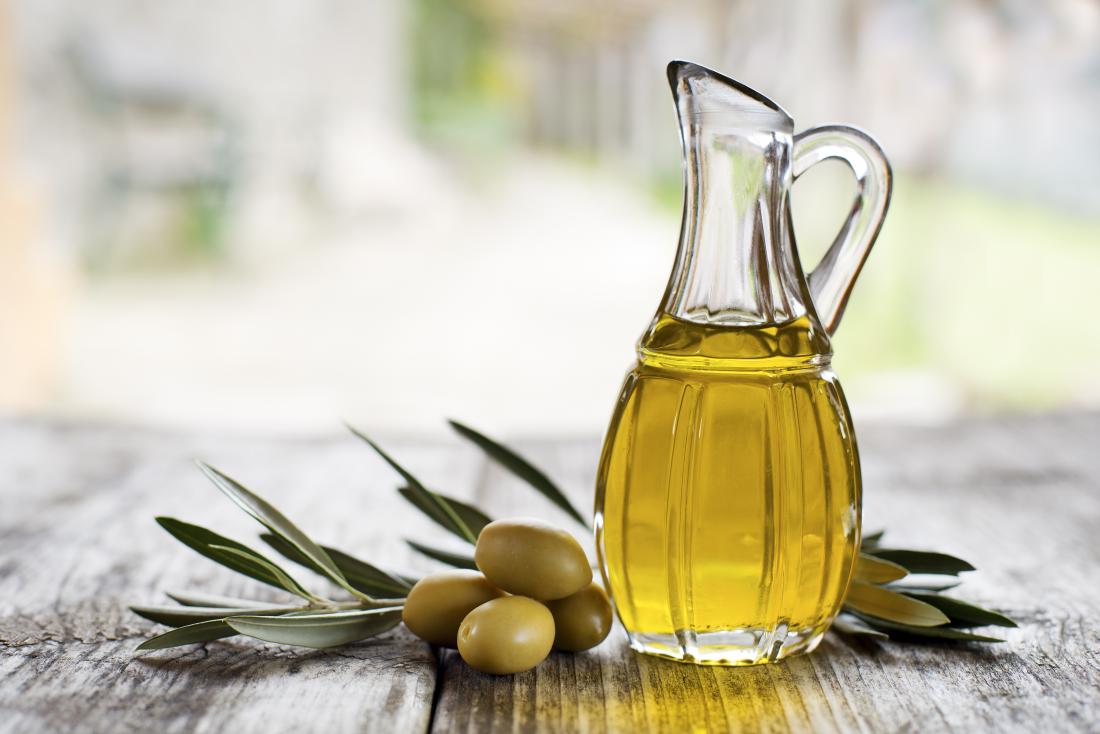
Replace bad fats (saturated and trans) with better fats (monounsaturated and polyunsaturated) that are good for your heart.
One way to do this is to choose a non-tropical cooking oil for cooking and preparing food.
Use these oils in the form of hard fats (including butter, nuts, lard, and margarine) and heat oils (including palm and coconut oil), which can contain a lot of saturated fat.
Here is a list of common dietary oils that are "good for you" as well as saturated fats.
- Canola
- Ma
- olive
- Peanuts
- Safflower
- Soy
- Sunflower
Mixtures or blends of these oils, commonly sold as “vegetable oils”, and cooking pots made from these oils are also a good choice. Some special oils, such as avocado, grapes, rice bran, and sesame, may be a good choice but may cost a little more or be harder to find.
In general, choose less than 4 grams of saturated fat per tablespoon, with no hydrogenated oil or trans fat.
You may find that some oils have a special taste, so try different varieties to find out which one suits you. In addition, some oils are better for some types of cooking than others, so you may have more than one type in your spice.
You can generally use cooking oil as a cooking fat. For example:
- Make your own dressing, marinades, dips and sauces.
- Grill, sauté, sauté, boil or roast.
- A protective cover to prevent food from sticking.
- Spread or cook to taste.
- "Time" cast ingredients. Replace butter, margarine, or solid fat in the recipe.
Tips for using healthy oils in cooking:
The better oils listed here are also ideal for many home-cooked meals, including high-end cooking like fries and frying pans. We do not recommend deep-frying as a diet plan.
Any oil begins to fall as soon as it reaches the place of its smoke. So if you accidentally leave your oil on to smoke or burn, discard it and start over.
Do not use or mix any cooking oil.
Buy cooking oil in small containers to avoid wastage and store it in a dark, cool place for longer periods of time.
Comments
Post a Comment